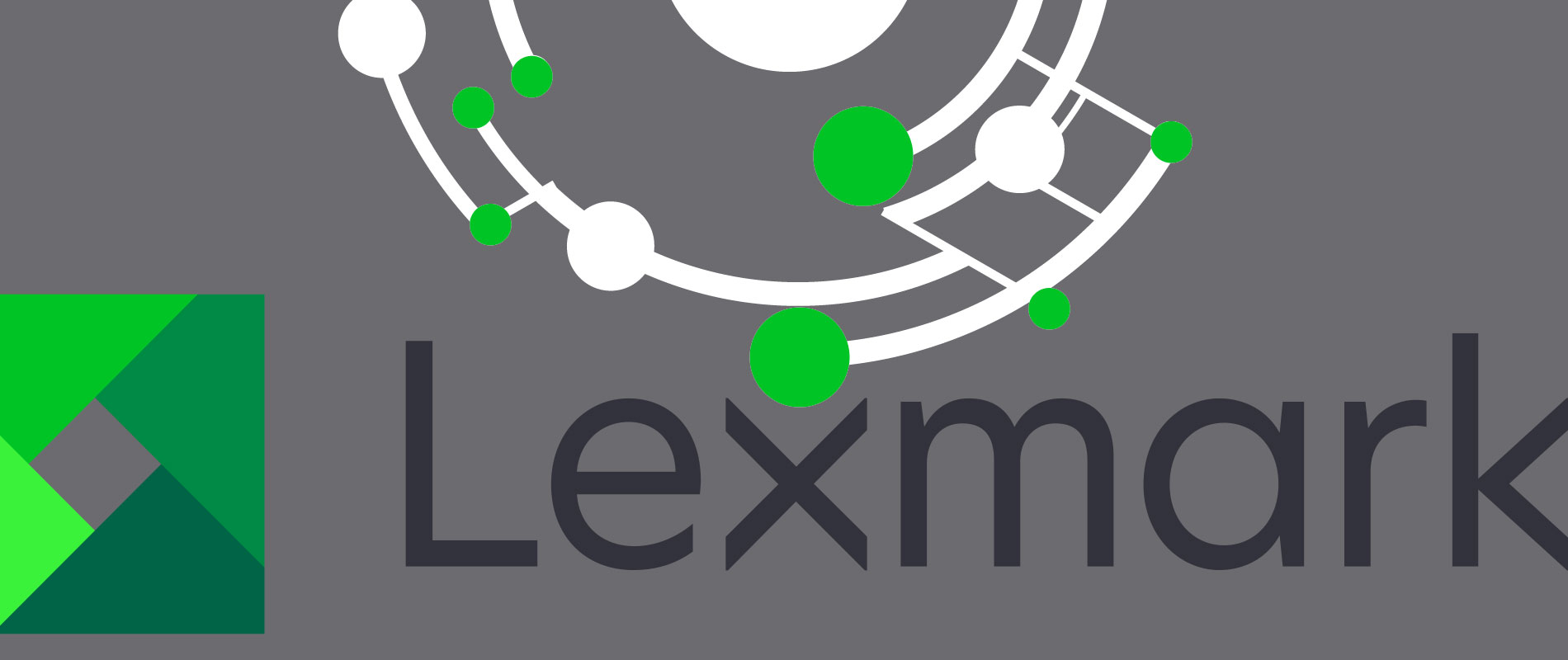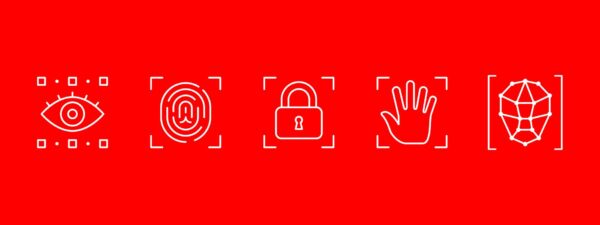Lexmark, a manufacturer of printers and imaging products, is launching an internet of things (IoT) division. They aim to help US and European manufacturers produce tech that can be monitored remotely over the internet.
According to Vishal Gupta, Lexmark’s chief information and technology officer, the company will create a consulting division called the Optra IoT platform. Lexmark is currently operating its own IoT network, consisting of 1.2 million office printers, each with more than 100 sensors monitoring ink and toner levels. The system monitors what goes on within the network so that an individual printer can be serviced.
Lexmark conducted a test run of the Optra IoT platform for applications beyond printing with a manufacturer of medical devices and a mining equipment producer. Now, a team of Lexmark consultants will help other companies closely monitor devices for use, wear, and malfunctions, in order to simplify processes and minimize overall downtime.
“That platform is already deployed for the printer, which is an internet of things device,” he said. “We’d like to offer other manufacturers the same outcomes, which are predictive maintenance, extending the life of the device, and improving profitability.”
Security experts have in the past expressed concern about Lexmark’s IoT printer network, since the company is a subsidiary of the Chinese-owned firm Ninestar.The inspector general of the U.S. Defense Department was critical of the Army and the Air Force for purchasing printers made by Lexmark. An audit report stated that Lexmark was “a company with connections to Chinese military, nuclear, and cyber espionage programs.”
Military use of those devices “could allow remote attackers to use a connected Lexmark printer to conduct cyberespionage.”
Vince Crisler, CEO of Dark Cubed, a security firm specializing in risks posed by IoT networks, said government involvement with Lexmark raises concerns. “If I were that mining company, I would be signing agreements with Lexmark and I would want to see who they are sharing the data with, and who not, and whether they were really specific or not,” he said. “If they’re not, that would be a red flag.”
Gupta, a former vice president with the cybersecurity firm Symantec who oversaw software designed to protect IoT networks, said Lexmark has taken a number of steps to protect customers’ data. For one, the new service will be managed in the US, not China. he said. Network data will be stored in Microsoft‘s Azure cloud service, making the data more secure. However, Microsoft didn’t immediately respond to a request for comment.
Lexmark, Gupta said, has been offering networked printing services for 15 years, and during that time the company has been refining techniques and technology to keep the information secure from hackers.
“We protect the data on the device, and we make sure only the right people get access to it,” he said. “It’s a combination of looking at the product design, looking at the supply chain, and having a privacy program. If you do all of those things, you can build a device that’s secure.”
The new IoT service will be launched in Europe and the US, but not China, which Gupta said will shield the service from Chinese government influence or its strict data-sharing laws. Gupta states that no data will be sent to China, as they do not have a managed print service or an IoT platform in the region.




